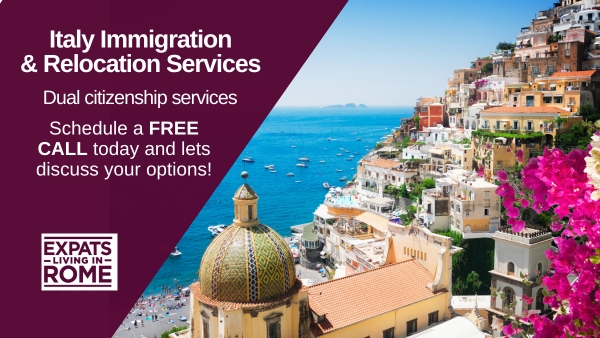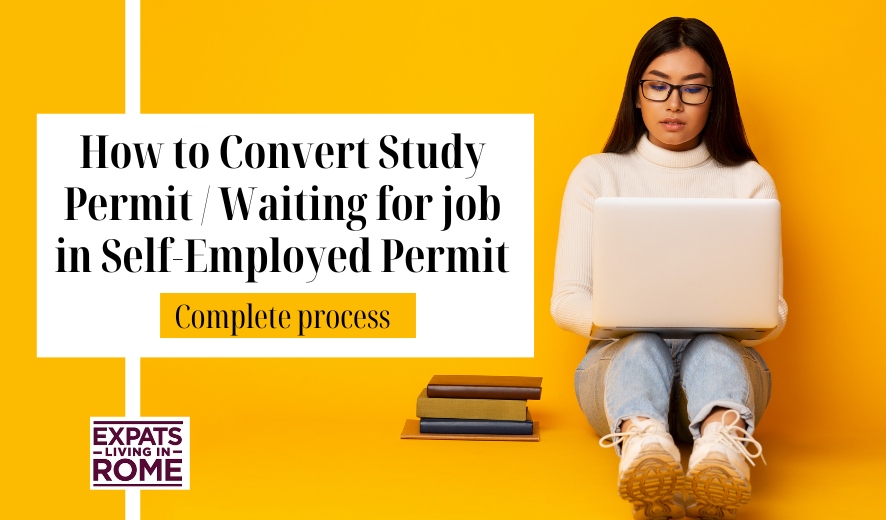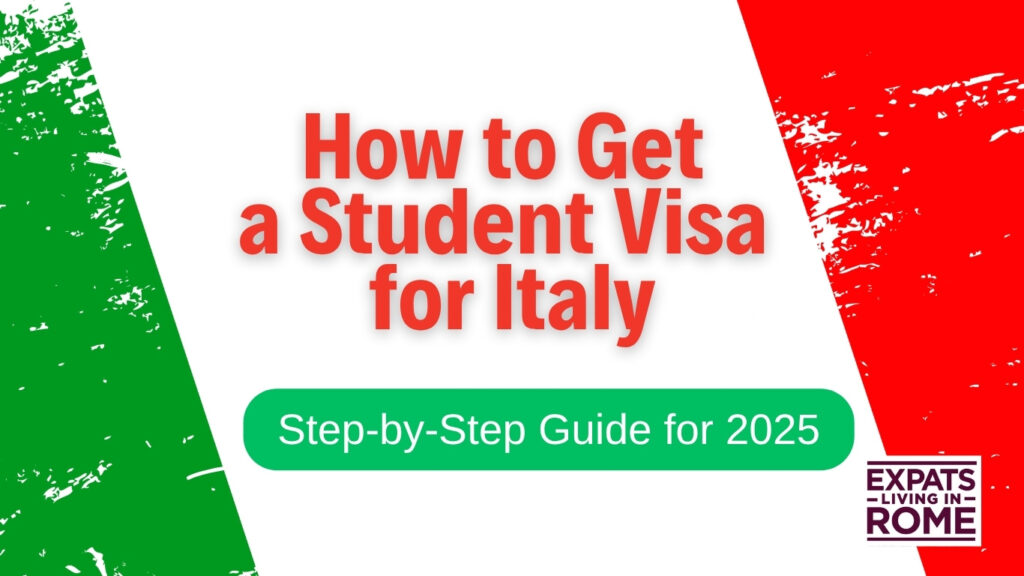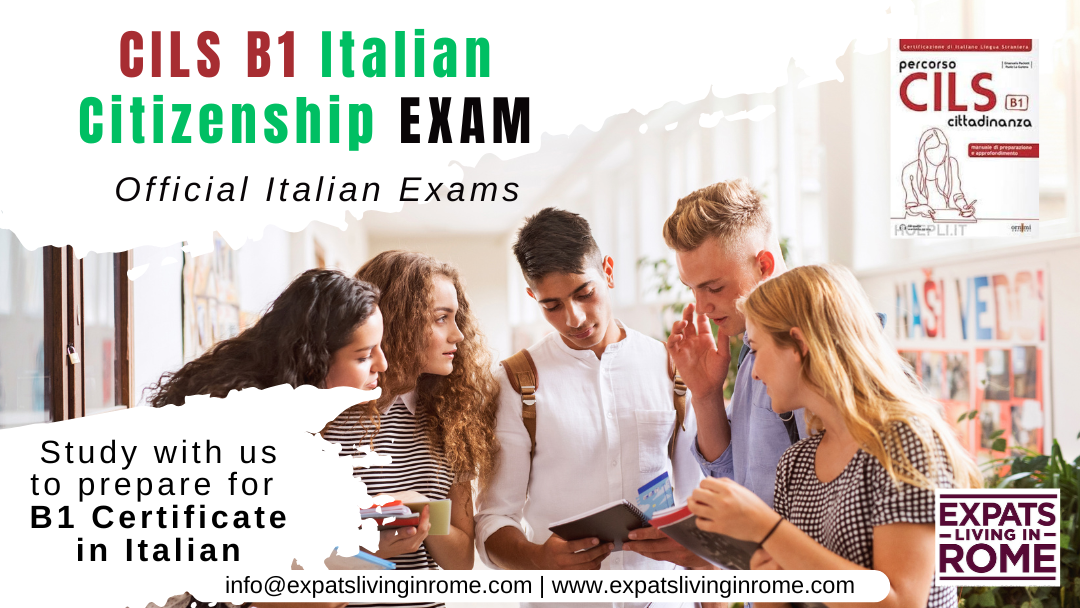How to Get a Student Visa for Italy: Step-by-Step Guide for 2025
Italy is a dream destination for many international students. Whether you’re pursuing a university degree, learning the Italian language, or attending a culinary school, you’ll likely need a “Visto per Studio” (Student Visa) if you’re staying over 90 days and you’re from outside the EU.
Here’s a practical, step-by-step guide to help you navigate the process of obtaining a student visa for Italy.
Step 1: Get Accepted into an Approved Program
You must first receive an official letter of acceptance from a recognized Italian institution. This could be:
• A university (bachelor’s, master’s, PhD)
• An accredited language school
• A vocational or art institute
The school must be registered with the Italian Ministry of Education.
Step 2: Prepare Your Documentation
You’ll apply for your visa through the Italian Consulate or Embassy in your country of residence. Here’s what you’ll typically need:
• Visa application form (fully completed and signed)
• Valid passport (with at least two blank pages and valid for at least 3 months after your program ends)
• Passport photos (recent, color, 2×2 inches)
• Letter of acceptance from your school
• Proof of sufficient financial means (at least €460/month for the duration of your stay)
• Proof of accommodation in Italy (rental contract, university housing, or a host invitation)
• International health insurance (minimum coverage of €30,000 for emergencies, repatriation)
• Flight itinerary (round trip may be required or at least outbound)
• Proof of educational background (transcripts, diplomas, etc.)
Tip: Requirements vary by consulate—check the website of your local Italian consulate for the exact list and to book an appointment.
Step 3: Apply for the Visa
You must apply in person at the Italian consulate that covers your jurisdiction. It’s best to book your appointment 2-3 months before your intended departure, especially before the busy fall semester.
The processing time can take 2–6 weeks, depending on your country and consulate.
Step 4: Enter Italy and Apply for the Permesso di Soggiorno
Once in Italy, you must apply for your residence permit (Permesso di Soggiorno per Studio) within 8 days of arrival. Here’s how:
• Go to a local post office (Poste Italiane) and ask for the Permesso di Soggiorno Kit
• Fill out the application, attach the required documents (copies of your visa, passport, acceptance letter, proof of finances and insurance)
• Pay the fees (usually around €100–€150)
• Submit the kit and attend the fingerprinting appointment at the Questura (immigration office)
Can You Work on a Student Visa in Italy?
Yes! Student visa holders can work up to 20 hours/week during the semester and full-time during breaks, but only with a contract and proper registration.
Final Tips
• Start early: Visa appointments and permit processing can take time.
• Be organized: Missing documents = delays.
• Learn some Italian: Even a beginner course will help you feel more at home.
Need help with your visa process or school selection? Contact us at [email protected] — we assist students worldwide with personalized support and relocation services. We work with Italian language schools that are recognized by Italian institutions.
How to Convert a Study Permit / Waiting for job into a Self-Employed Permit | Italy
Subscribe to our newsletter to access content and updates to help navigate life as an expat in Italy. If you need help with your citizenship process, language courses, or general expat life in Italy, email us at [email protected]

Single Female Travelers in Italy: Practical, confident, and connected
Rome rewards curiosity and courage. This guide offers grounded tips, cultural insight, and community support so you can explore with confidence—day and night, solo and on your own terms. Start with confidence “Solo doesn’t mean alone.” In Rome, you’ll find friendly locals, layered history, and a vibrant expat network. A little preparation goes a long […]
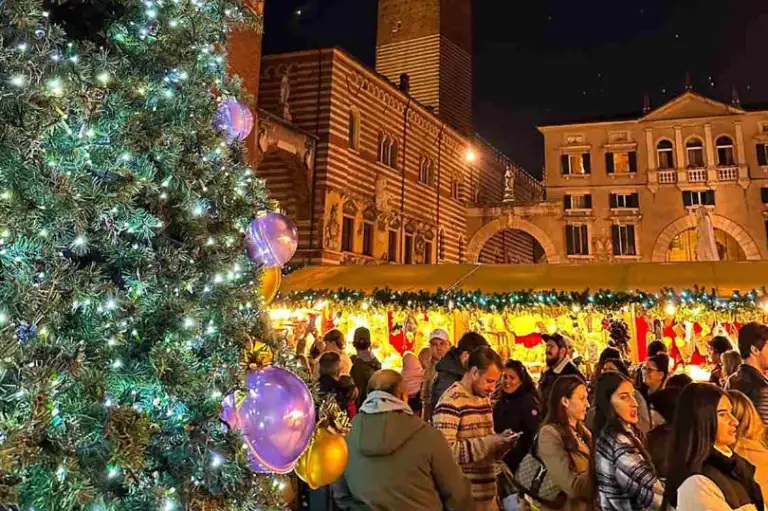
Christmas in Italy 2025: A Magical Season for Expats Across Italy
Christmas in Italy isn’t just a holiday — it’s a season full of history, flavor, celebration, and heartfelt traditions that bring families, towns, and entire regions to life. Whether you’re an expat experiencing your first Italian Christmas or a returning fan of the magic, 2025 promises some beautiful celebrations across the country. Here’s what to […]

Tax Residency Incentives in Italy — Your Guide (2025)
Italy offers several tax incentives designed to attract retirees, entrepreneurs, high-net-worth individuals and remote workers. These regimes can be extremely generous — but they are complex and often conditional. This guide explains the main options in 2025, who qualifies, and how we can help you plan a compliant move. Why Italy Offers Tax Incentives Italy […]

Navigating Healthcare in Rome: A Guide for Expats with English-Speaking Doctors
Moving abroad is exciting, that is until real life hits. I came to Italy from Alaska in 2021 for what was supposed to be a four-month study program in Florence. Four years later, I’m still here, now living and working in Rome. When we plan our dolce vita, we think about pasta, museums filled […]

Major Tax Incentives for Home Renovation in Italy (2024-2033)
Taxpayers carrying out renovation work on residential buildings and common areas of residential complexes in Italy are entitled to claim significant tax relief. This benefit allows individuals to deduct a portion of the expenses incurred from their Italian personal income tax (Irpef). This article outlines the rules, beneficiaries, and changing deduction rates for these home […]
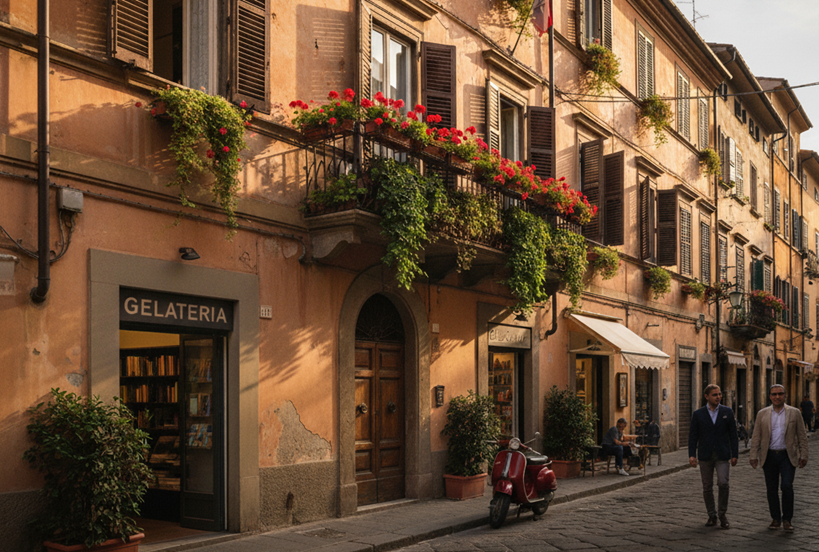
How to Save on Taxes When Buying Your First Home in Italy
Buying a first home in Italy comes with significant tax benefits and incentives designed to make property ownership more accessible. Whether you are an Italian national or a foreigner, understanding these advantages can translate into substantial savings on your property purchase. The “Prima Casa” regime is essentially a set of tax reliefs applicable to the […]

Bringing Your Family to Italy: A Guide for Non-EU Citizens
For non-EU citizens residing in Italy, having your family with you is a tangible goal. Italian law provides a framework for family reunification, allowing you to bring close relatives to live with you under specific conditions. This guide outlines the key requirements, procedures, and rights to help you navigate the process. Who Can Apply for […]

How to Become a Self-Employed Worker in Italy
Are you a non-EU citizen wishing to work as a self-employed worker in Italy? This guide explains the conditions you must meet, the procedures to follow, and the rights you can enjoy during your stay. Conditions for Self-Employment To legally engage in independent work in Italy, non-EU citizens must satisfy several conditions and obtain the […]

